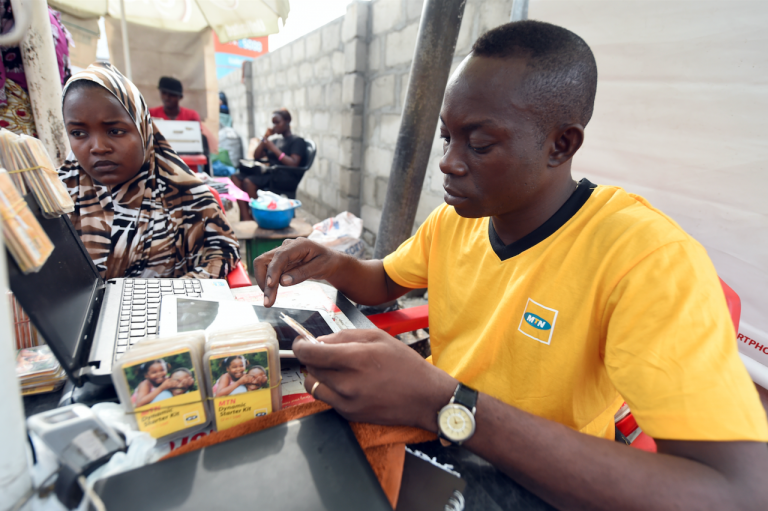
The federal government of Nigeria has finally announced the removal of the five percent excise duty for the telecommunications sector in the country, after six months of intense deliberations.
The FG disclosed that it was convinced that imposing its initial planned excise duty on the sector will log down activities of the industry which was already grappling with over 41 taxes and levies already.
This was revealed by Nigeria’s Minister of Communications and Digital Economy, Prof. Isa Ali Pantami at a news conference organized to provide an update on the status of the excise duty on the telecom sector.
Register for Tekedia Mini-MBA edition 19 (Feb 9 – May 2, 2026): big discounts for early bird.
Tekedia AI in Business Masterclass opens registrations.
Join Tekedia Capital Syndicate and co-invest in great global startups.
Register for Tekedia AI Lab: From Technical Design to Deployment (next edition begins Jan 24 2026).
Pantami who is the chairman of the presidential review committee on excise duty in the digital economy sector stated that the committee had carried out its national assignment and accordingly submitted its report to the president, justifying why the sector should be exempted.
While speaking at a press conference in Abuja yesterday, he said,
“We converge today with regard to the assignment given to us by the President. Historically, we had invited the media on 5th September 2022 and briefed them after inaugurating the Presidential Committee on the review of Excite Duty in the telecom sector.
“Prior to that, there was an issue of 5% Excise Duty introduced to the sector without following due process, which was part of the requirements for subsidiary legislation. I was not contacted and when it was announced, I challenged it and wrote a letter to the President on the 12th of August, 2022, demanding that the 5% duty be put on hold and also to set up a review committee to look into the issue critically and professionally and advise the President on the best way to handle it.
“He gracefully approved the two prayers and directed me to chair the committee, among who was the minister of finance, Executive Vice Chairman of NCC, and representatives of the telecom service providers, among others. After the inauguration of the committee, the committee conveyed a stakeholders forum on 5th September 2022 and the committee was directed to incorporate other people that will add value to the work, which it did.
“On 14th December 2022 Another issue concerning the 5% excise duty came up in which I spoke against it and justified my stands in writing. I insisted that within the telecoms sector, there are 41 categories of charges and levies and so, there is no justification to add more burdens on a sector that is already doing well, contributing so much to the economy.
“We cited two countries in Africa that increased their excise Duties for their ICT sectors that led to the death of the sector in both economies. After a review, the committee argued there was no need for Excise Duty in the ICT sector, paying 41 categories of charges and levies; that the sector has been contributing significantly to the economy.”
Prof. Pantami added that the committee’s submissions can be summed up in three arguments put forward to justify why additional burden in form of taxes or any level should not be imposed on the telecom sector to prevent a reversal of the important contribution the sector is making to the growth of the Nigerian economy.
He explained that the justification was based on three premises, first is that operators in the telecoms sub-sector of the digital economy industry currently pay no fewer than 41 different categories of taxes, levies and charges. Secondly, the telecoms sector has continued to contribute immensely to Nigeria’s economy in terms of GDP contribution.
Thirdly, he noted that the increase in the cost of all factors of production across sector, and naturally leading to increase in costs of products and services, telecom sector is the only sector where cost of service has been stable.
Nigeria reportedly has one of the biggest telecoms markets in Africa which has witnessed strong growth in recent years and is expected to have continued growth over the forecast period to 2025. The growth in the sector has been attributed to the increasing urban population with rising adoption of mobile phones that support 3G, 4G and 5G services across the country.
The sector over the years has contributed immensely to Nigeria’s economy and the lives of Nigerians. The advancement of mobile phone usage from basic phone telephony to new enhanced services and the introduction of new technology within diverse sectors of the country have seen the sector grow massively.



